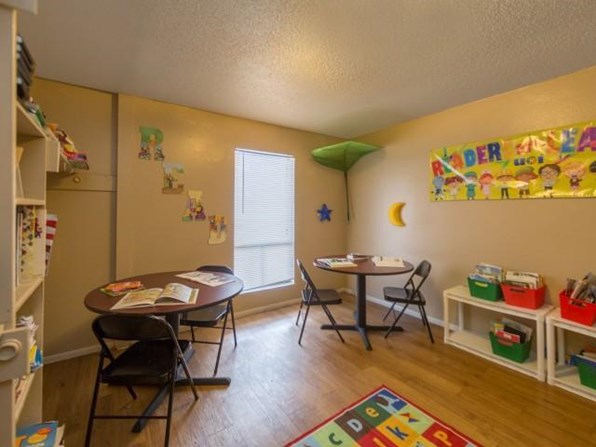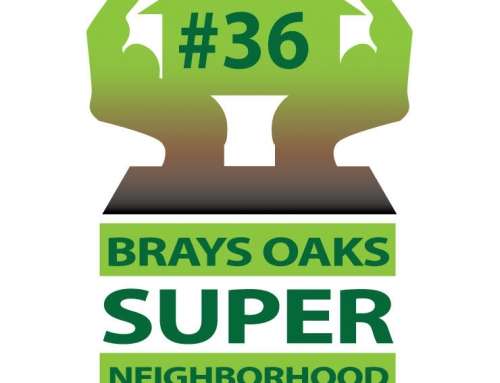
Starla Turnbo
With more than 32,000 apartment units in the Brays Oaks Management District, its partnership with the Houston Apartment Association’s Rental Credit Reporting system has been a key component of building community stability.
The RCR program provides a way for property owners and landlords to quickly check the credit, criminal background and rental history of potential tenants.
“The program is a great way for property owners – without having to ask a person – to learn about their background. So, it really saves the properties a lot of pain in the future,” said Ben Brewer, district executive director.
Because apartment property owners pay about half of the district’s annual assessment income, the RCR program also allows the district to “give back” to its key stakeholders, Brewer said.
The district pays for landlords’ use of the database.
With the changing demographics of the district, the apartment complexes that were once home to young single adults are now filled with families, Brewer said. With RCR, apartment complexes are safer and families want to remain in place — providing an indirect benefit to the students and schools in the district.
Teachers and principals have noted that their student populations have less turnover since fewer families are moving from apartment complex to apartment complex. That continuity in education has tangible benefits for students’ learning and achievement.
The Houston Independent School District has eight elementary schools, as well as Fondren Middle School and Westbury High School, in the district. YES Prep and Varnett Charter school also are located inside the district boundaries.
Starla Turnbo, a Brays Oaks Management District board member for 12 years and a former president of the Houston Apartment Association, owns Braeswood Oaks apartments and several other complexes in the district.
“As a property owner, one of the most important things is having qualified renters. The RCR program is one of the most important tools a property owner can use. It can show the payment history of a potential applicant, it can show if they have a history of evictions, or late payments,” she said.

Braeswood Oaks playroom
The program has been critically important during the COVID-19 pandemic. With a moratorium on evictions, as residents lost jobs and suffered disruption of family routines, apartment communities still have had a “good neighbors” atmosphere.
“The RCR program has been something we definitely needed during the eviction moratorium. It has been very important during the last year,” Turnbo said.
And stability in the community “helps the entire area,” Turnbo said. Convenience stores, grocery stores and restaurants depend on repeat customers, including long-term apartment residents.
Working in partnership with CoreStaff, the Houston Apartment Association’s RCR program has a six-part assessment of each potential resident, including a National Landlord-Tenant database, a Texas criminal data base, a sex offender search, a terrorism check through the FBI and other federal agencies, an eviction history, and a record of each potential tenant’s moves in and out of apartments.
Tina DeFiore, who runs the RCR program for the Houston Apartment Association, said its positive effect on school children was first noticed about seven years ago. Families who stayed longer in the same apartments saw an immediate benefit to students in elementary and middle schools.
“In some cases, just transferring schools can cause a student to fall behind by as much as a year,” DeFiore said.
Renters struggling financially due to the pandemic may request help from the state of Texas through https://texasrentrelief.com or Harris County at www.houstonharrishelp.org.
Because Texas was declared a disaster area after the February freeze, some affected renters may be eligible for some benefits. FEMA does not provide benefits for any losses that are covered by insurance. The fastest way to get FEMA help is at www.disasterassistance.gov or by calling 1-800-621-3362.
— by Anne Marie Kilday









